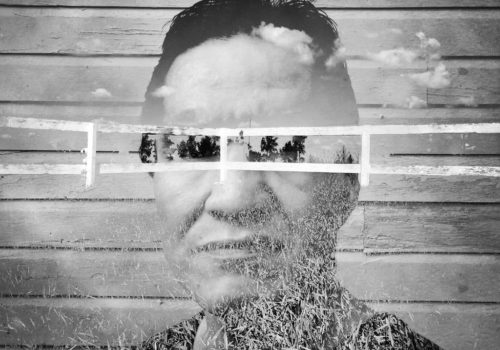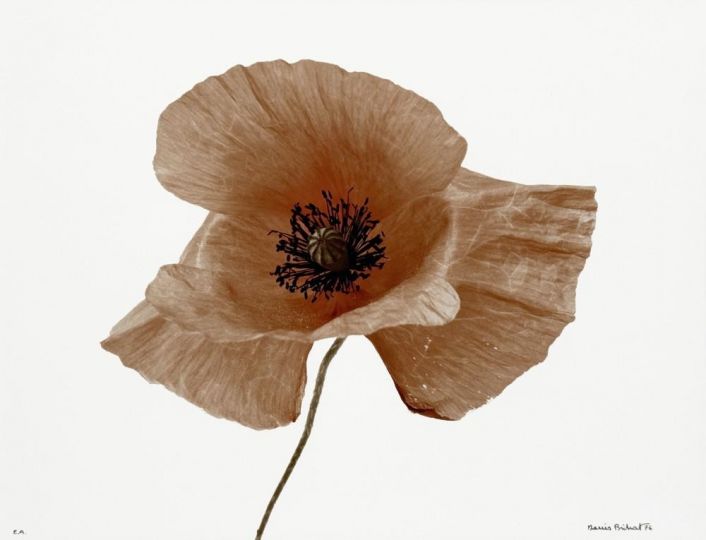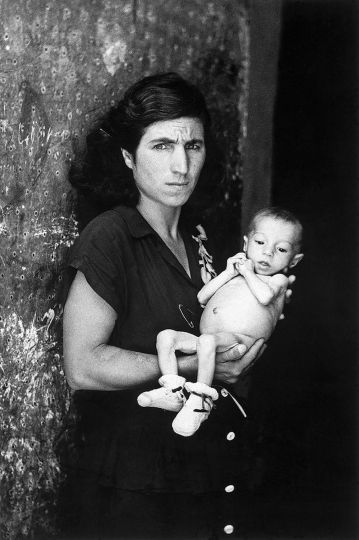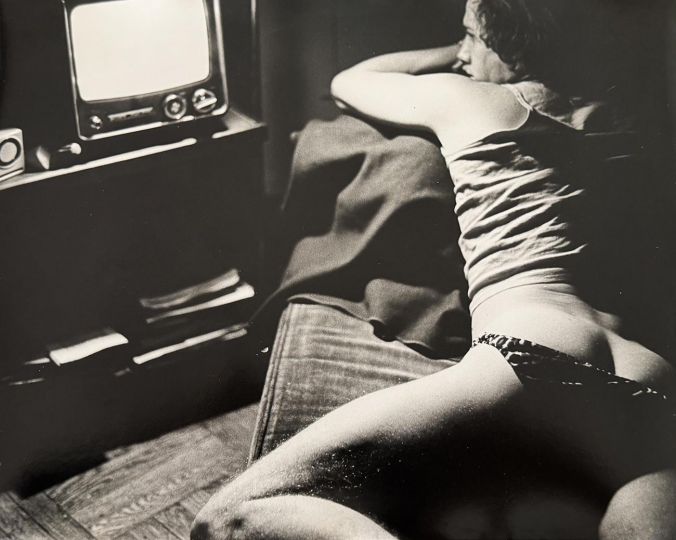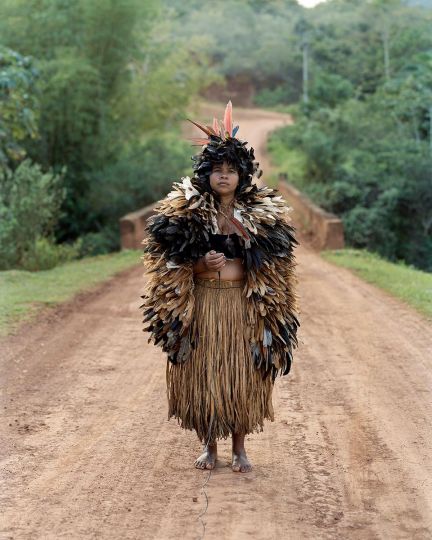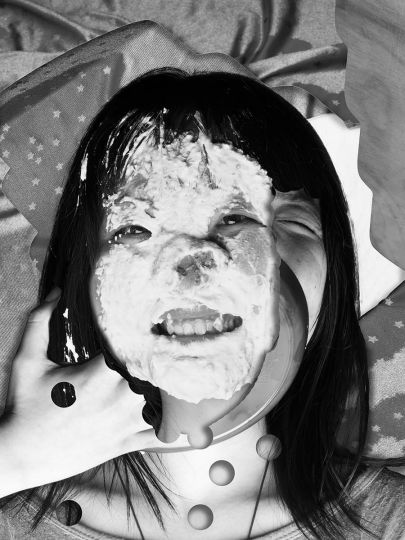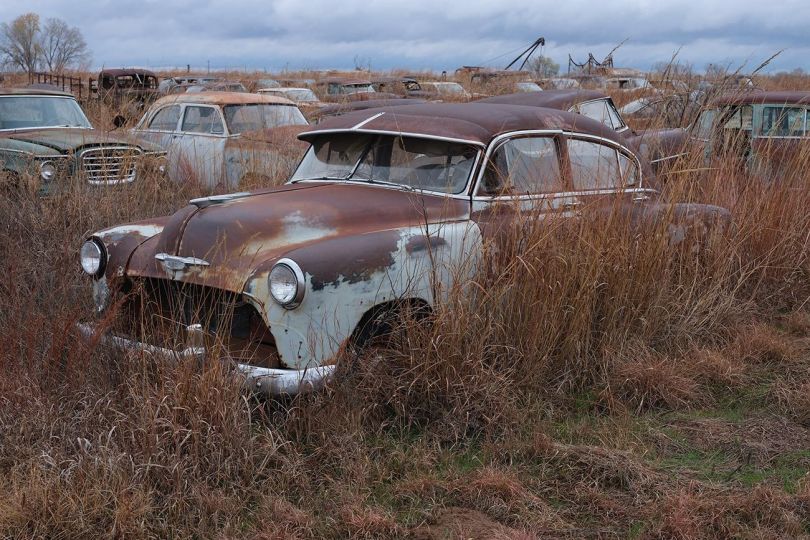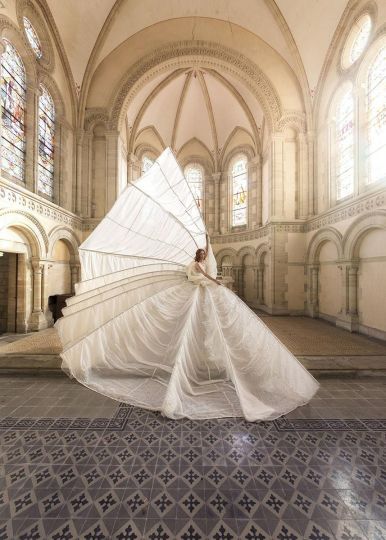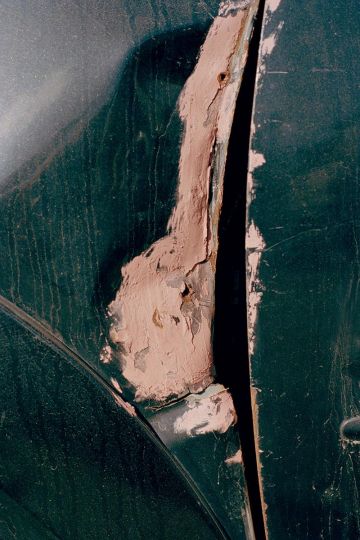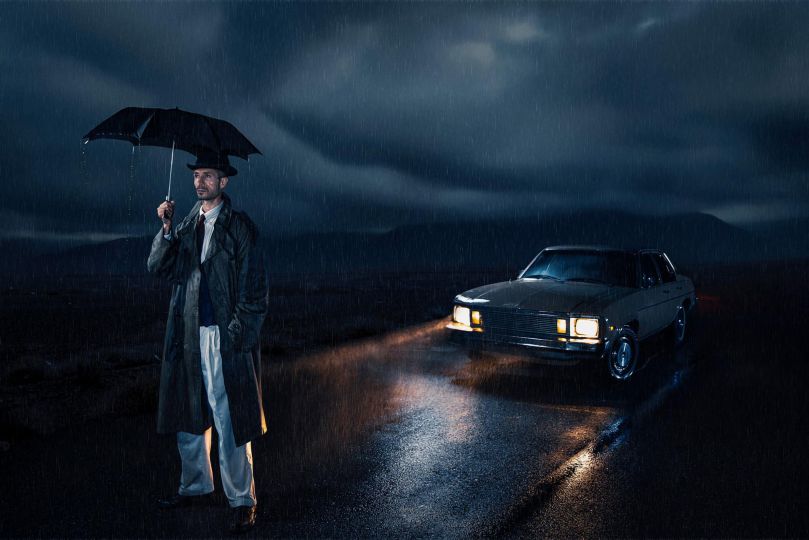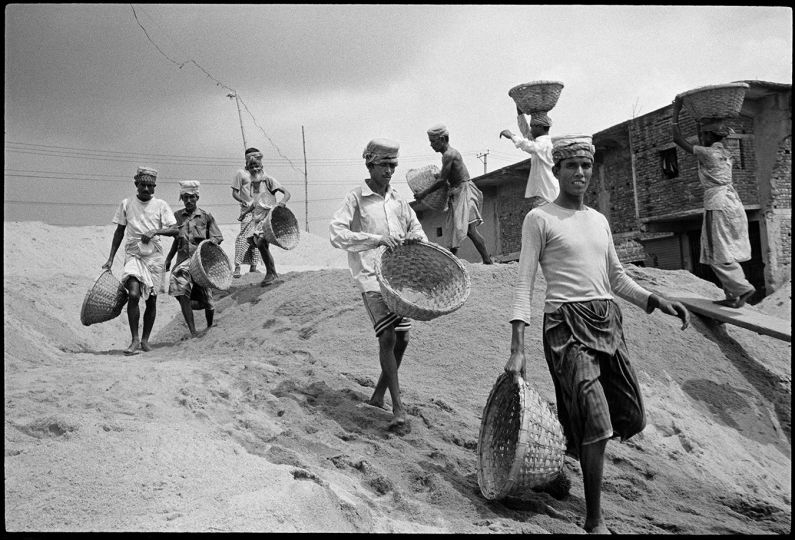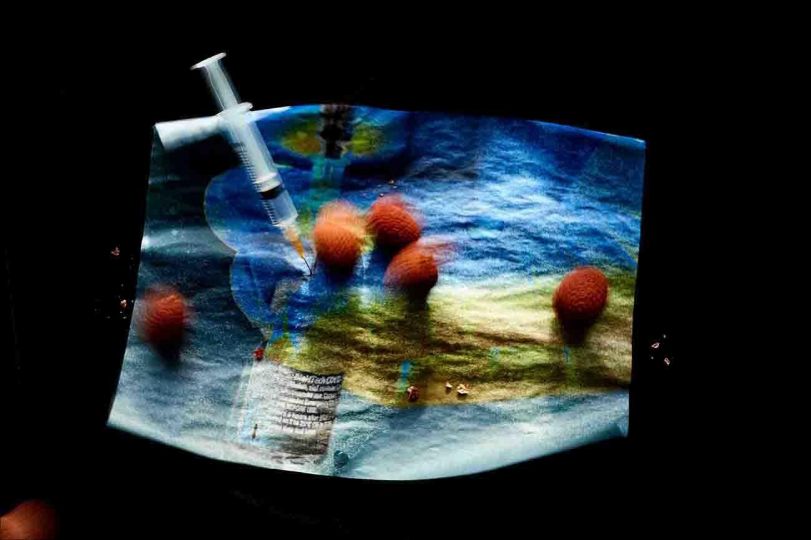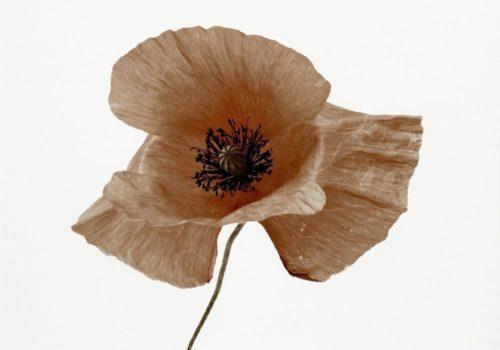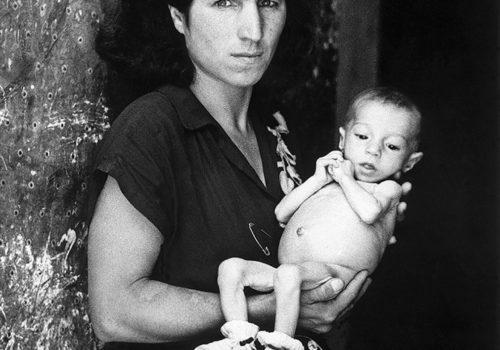In the early 19th century in Canada, boarding schools for indigenous children were founded to eradicate indigenous culture, and this by any means. Residents from these repressive institutions were punished for speaking their native languages or observing any indigenous traditions, routinely sexually and physically assaulted, and in some extreme instances subjected to medical experimentation and sterilization. The last residential school closed in 1996. After nearly two centuries of such treatments, generations of Canada’s First Nations forgot who they were as languages died out and sacred ceremonies were criminalized. “In brief, these schools intended to whitewash or forcefully assimilate indigenous kids who were kidnapped from their reservations. On top of that, there was rampant physical and sexual abuse”, explains photographer Daniella Zalcman, who just published at FotoEvidence a series of double exposure portraits that explore the trauma of some of the 80,000 living survivors.
This article is reserved for subscribed members only. If you are already a member, you can log in here below.
Subscribe for full access to The Eye of Photography archives!
That’s thousands of images and articles, documenting the history of the medium of photography and its evolution during the last decade, through a unique daily journal. Explore how photography, as an art and as a social phenomenon, continue to define our experience of the world. Two offers are available.
Subscribe either monthly for 8 euros (€) or annually for 79 euros (€) (2 months offered).

